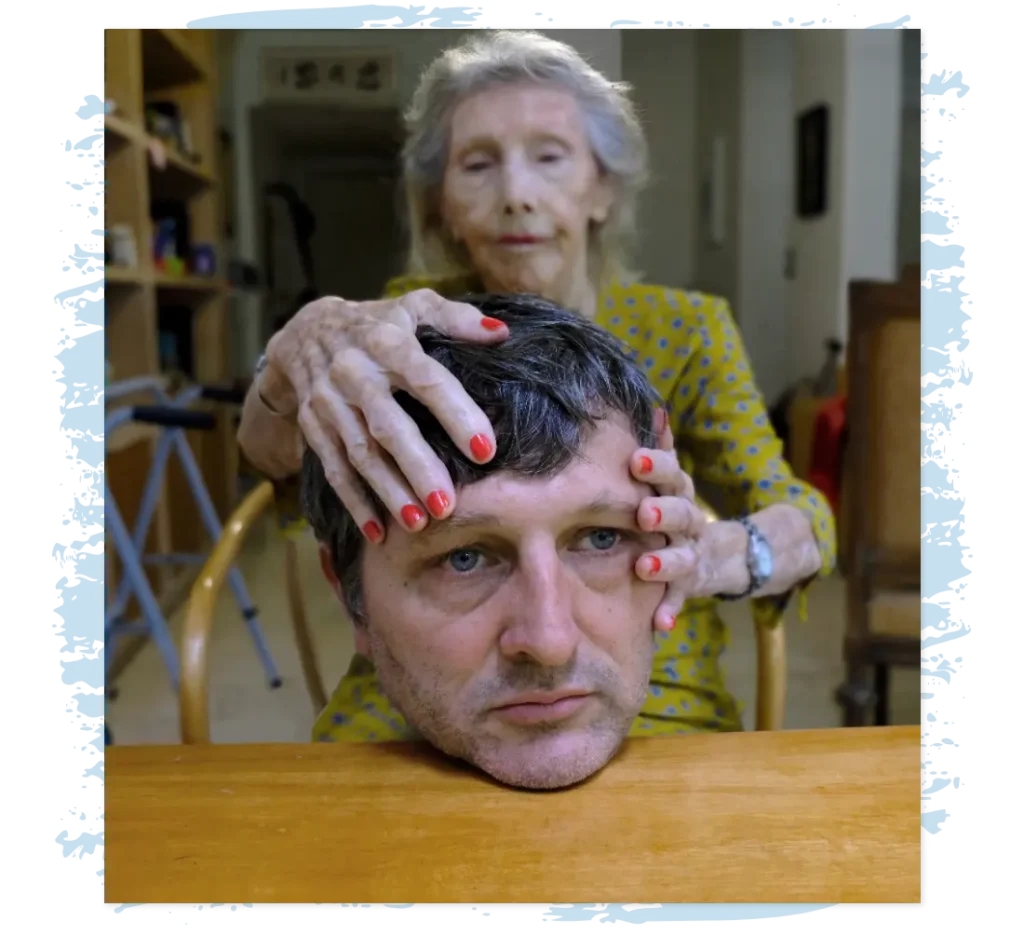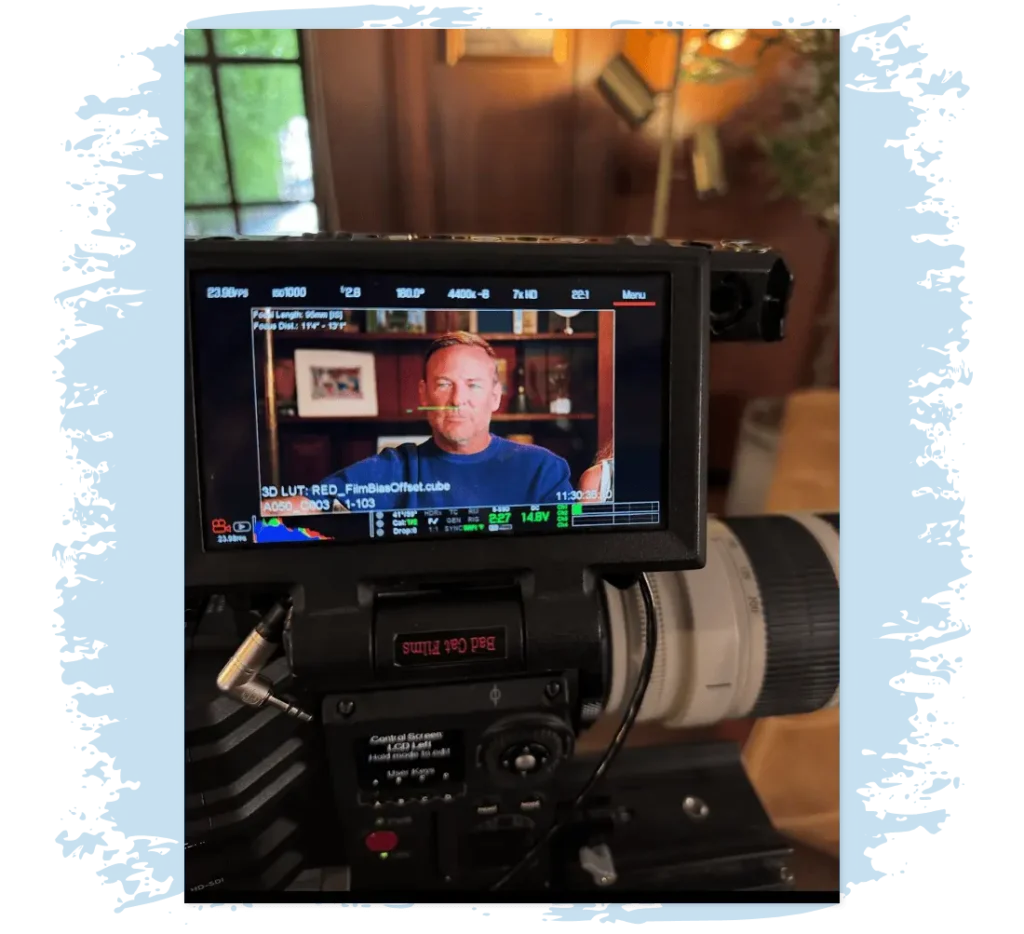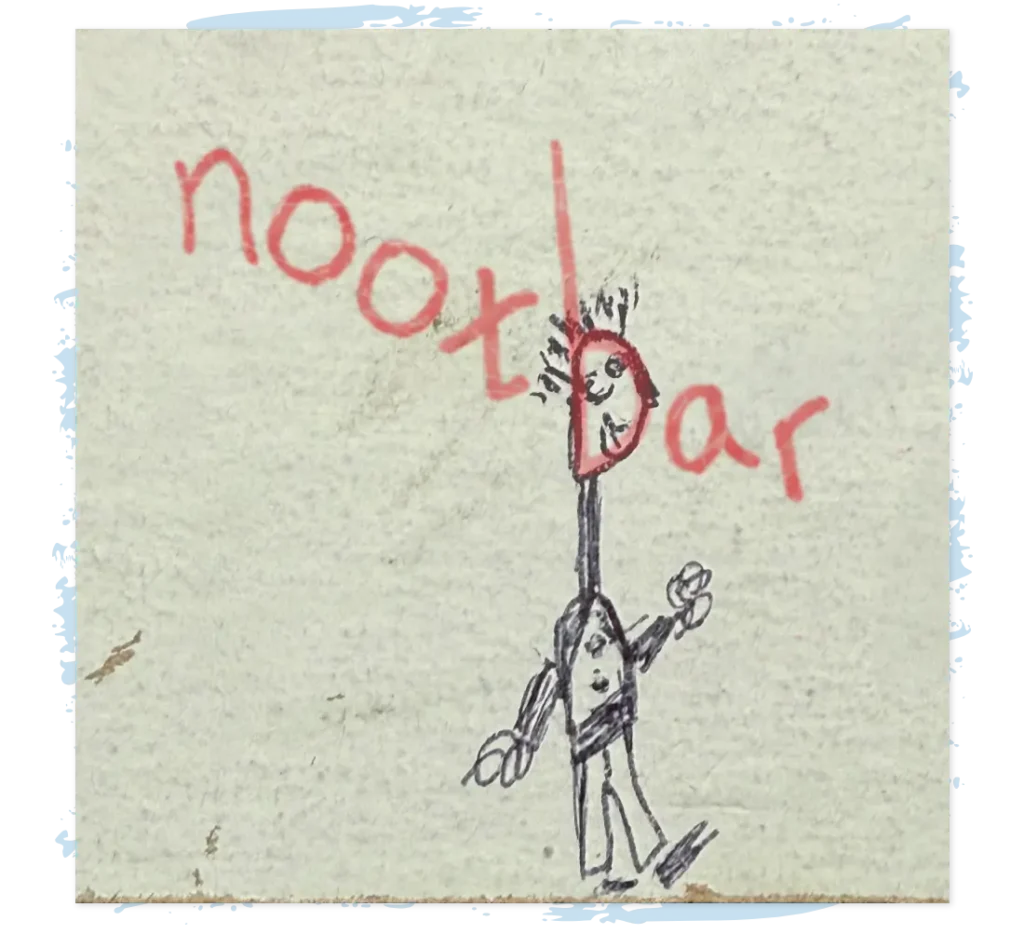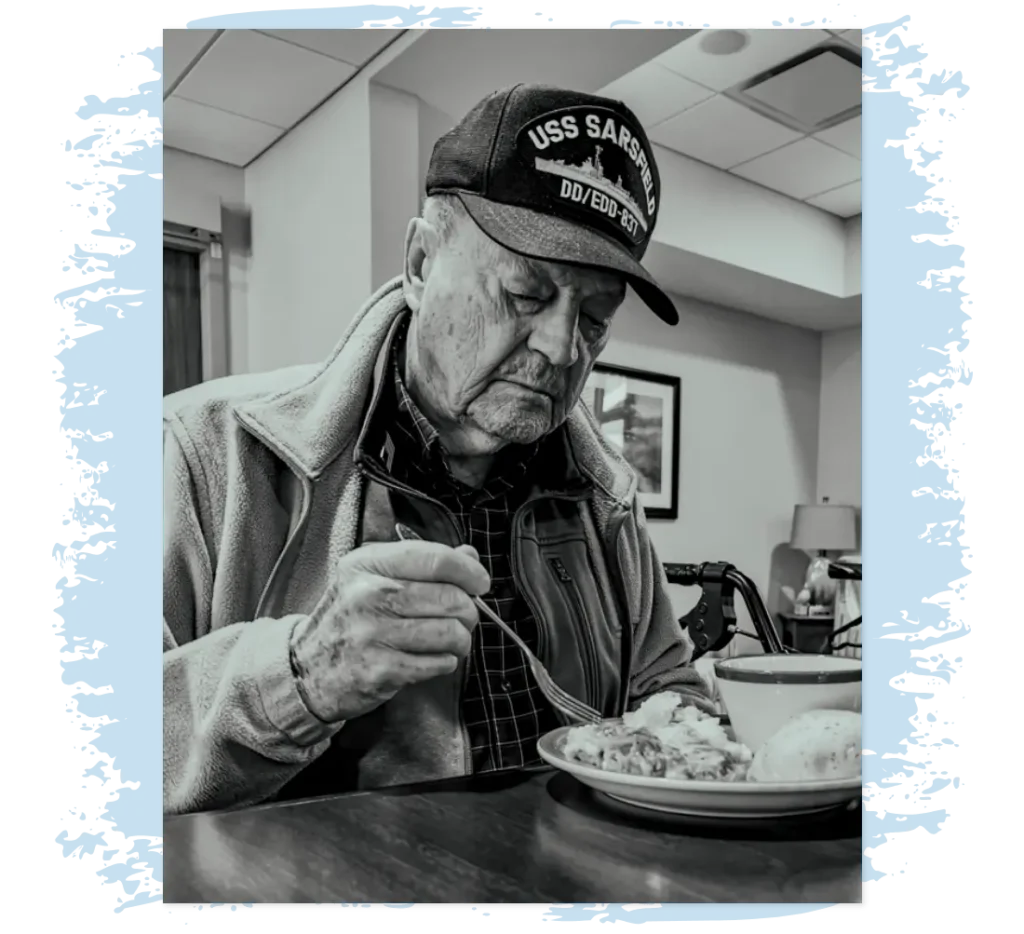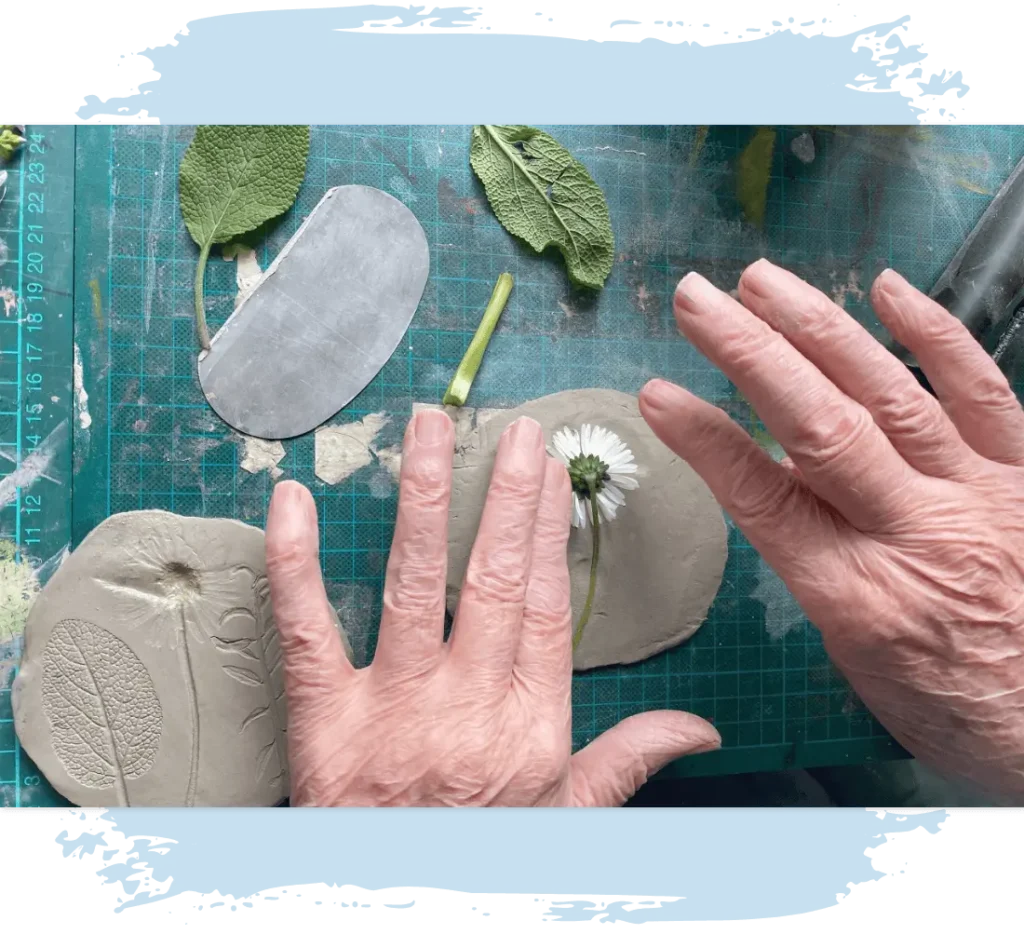Seeing changes in your loved one’s memory can be an overwhelming realization. Perhaps you’re noticing missed appointments, skipped meals, or repeated conversations. While one or two incidents may not be too concerning, multiple occasions can be the reason for worry.
If you’re concerned about the memory of your loved one, it’s essential to talk with your loved one’s doctor. Early detection allows you to take advantage of symptom management and interventions, sooner.
In the orchestral piece and libretto, Shadow and Light, Joan Syzmko shares a bit about the experience of dementia diagnosis. The emotional journey that you and your loved one may go through is expressed- the fear, the anxiety. Syzmko even touches on the logistics of testing itself- repeating words back and drawing.
Educating yourself is a key way to prepare before meeting with the doctor. Knowing what to expect prepares you and guides you in knowing what questions to ask.
What testing is needed to diagnose dementia?
In order to diagnose dementia, your loved one’s primary care physician will begin with a basic mental status exam in the office. From there, they may refer your loved one to a neurologist for more in-depth testing including:
- Imaging such as a PET or CT scan
- Bloodwork
- Medical History
- Psychological assessments
Come prepared to your loved one’s appointment with some documentation of symptoms that you have noticed. You might consider using an online toolkit such as this one, from the Alzheimer’s Society of Canada. If you are apprehensive about bringing the symptoms up in front of your loved one, bring a letter to the appointment to give to the nurse before the appointment.
It may take some time for your loved one’s provider to review all the results. However, after reviewing the information, your loved one’s physician will likely be able to make a diagnosis and suggest early interventions to manage the disease’s progression.
While a dementia diagnosis can be overwhelming, intervening early will only benefit your loved one. It may take time to process, but there is support available, as well as others going through similar experiences.


